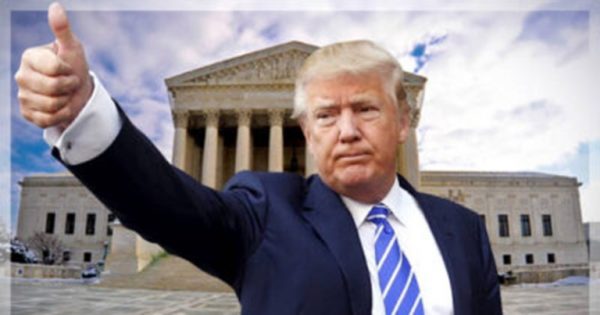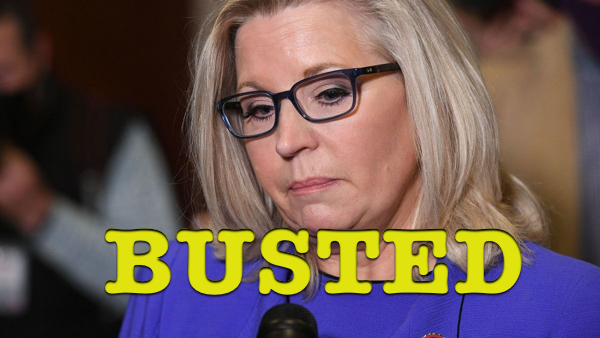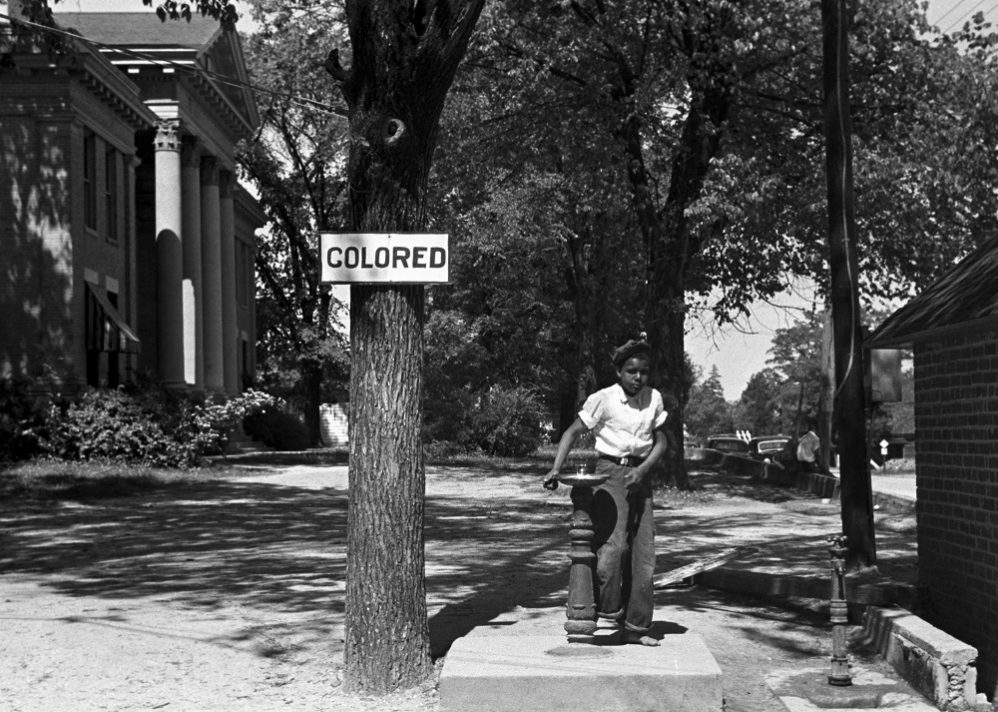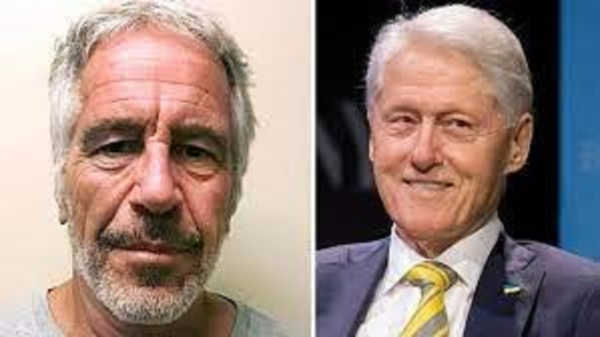In a major 2020 election decision the Supreme Court has settled the argument over the Electoral College once and for all.
The ruling keeps the current laws in place in 32 states and the District of Columbia that has electors tied to the popular vote, The Daily Mail reported.
So-called faithless electors have not been critical to the outcome of a presidential election, but that could change in a race decided by just a few electoral votes. It takes 270 electoral votes to win the presidency.
Justice Elena Kagan wrote for the court that a state may instruct ‘electors that they have no ground for reversing the vote of millions of its citizens. That direction accords with the Constitution – as well as with the trust of a Nation that here, We the People rule.’
The justices had scheduled arguments for the spring so they could resolve the issue before the election, rather than amid a potential political crisis after the country votes.
When the court heard arguments by telephone in May because of the coronavirus outbreak, justices invoked fears of bribery and chaos if electors could cast their ballots regardless of the popular vote outcome in their states.
The issue arose in lawsuits filed by three Hillary Clinton electors in Washington state and one in Colorado who refused to vote for her despite her popular vote win in both states. In so doing, they hoped to persuade enough electors in states won by Donald Trump to choose someone else and deny Trump the presidency.
The federal appeals court in Denver ruled that electors can vote as they please, rejecting arguments that they must choose the popular-vote winner. In Washington, the state Supreme Court upheld a $1,000 fine against the three electors and rejected their claims.
In all, there were 10 faithless electors in 2016, including a fourth in Washington, a Democratic elector in Hawaii and two Republican electors in Texas. In addition, Democratic electors who said they would not vote for Clinton were replaced in Maine and Minnesota.
The closest Electoral College margin in recent years was in 2000, when Republican George W. Bush received 271 votes to 266 for Democrat Al Gore. One elector from Washington, D.C., left her ballot blank.
The vote was unanimous uniting the conservative and liberal justices of the Supreme Court on the issue in the opinion penned by justice Elena Kagan.
“Today, we consider whether a State may also penalize an elector for breaking his pledge and voting for someone other than the presidential candidate who won his State’s popular vote. We hold that a State may do so,” the Justice said.
“Nothing in the Constitution expressly prohibits States from taking away presidential electors’ voting discretion as Washington does. The Constitution is barebones about electors,” Justice Kagan said.
“Suppose a person always votes in the way his spouse, or pastor, or union tells him to. We might question his judgment, but we would have no problem saying that he ‘votes’ or fills in a ‘ballot.’ In those cases, the choice is in someone else’s hands, but the words still apply because they can signify a mechanical act,” she said.
“The selectors of an elector knew just what they were getting—not someone who would deliberate in good Hamiltonian fashion, but someone who would vote for their party’s candidate,” she said.
Washington state Attorney General Robert Ferguson argued that faithless electors are so rare that the decision was not needed.
“The scattered examples that remain have been largely symbolic gestures with no chance of impacting results,” he said, “over the last century, no elector for a winning presidential candidate has switched votes to the losing candidate.”









